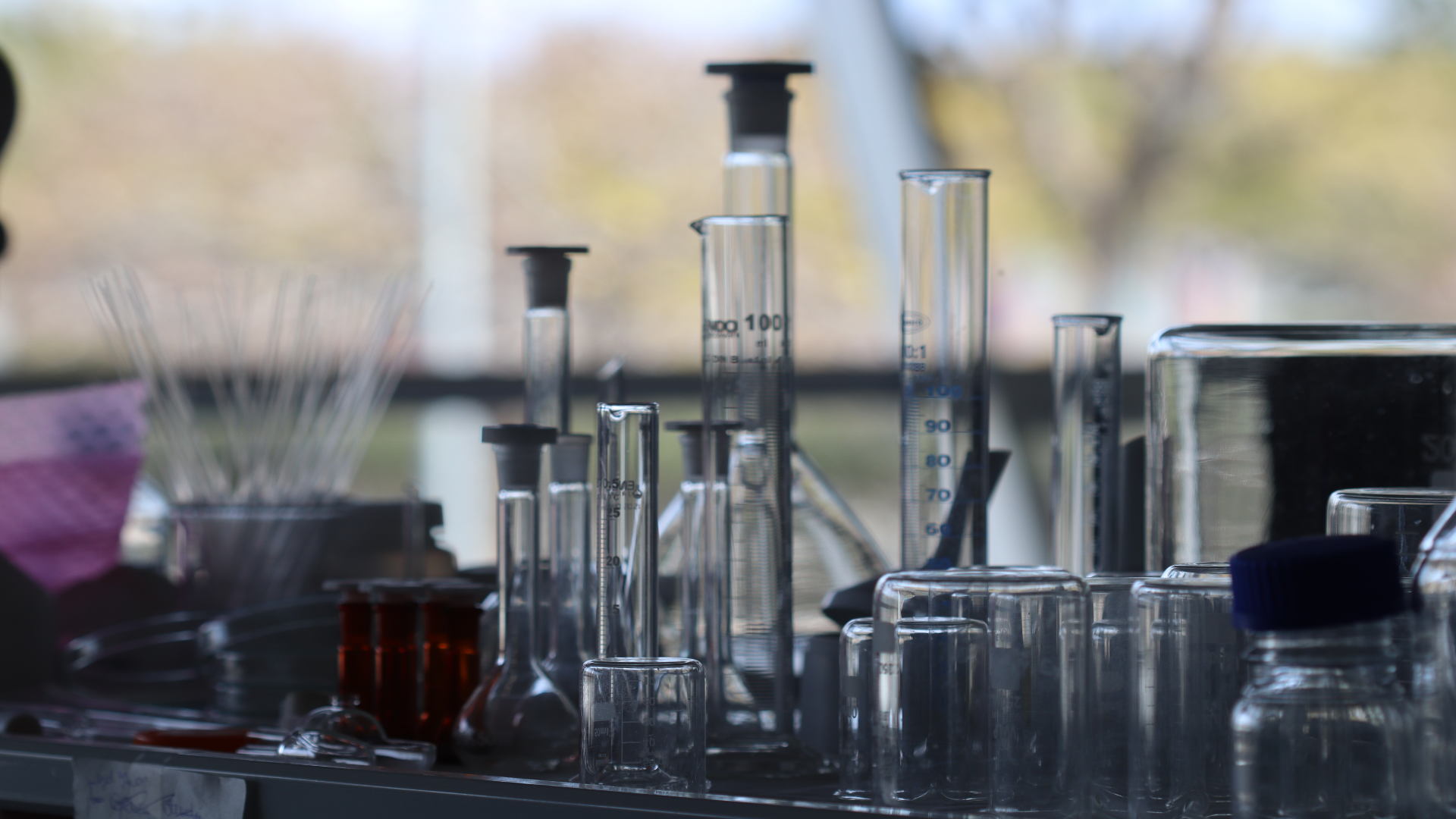
Chemistry is at an unprecedented crossroads and the educational approach is only partially reflecting the major changes that this area of knowledge and innovation is undergoing. With this premise, Javier García Martínez, professor at the Rafael del Pino Foundation, gave an overview of the current situation in the world of chemistry on 25 March.
His analysis highlighted the rise of circular chemistry and the emergence of artificial intelligence and robotics. The consequence of the implementation of these disciplines in laboratory processes is that many routine tasks no longer depend on the human hand. Hence the importance of reflecting on this new era.
"The debate on education has focused on the tools of learning when it is the what and the how that really matter," explained the president-elect of the International Union of Pure and Applied Chemistry at the conference. The future of the chemistry profession, educating for a new era. The talk was part of the celebrations that the Universitat de València is holding to mark the 125th anniversary of the teaching of chemical science.
A circular and entrepreneurial future
Javier García reviewed some of the issues that are radically changing the concepts of chemistry, traditionally linear but increasingly circular. As an example, he cited the advances in the generation of recyclable thermoplastics that make it possible to replace the concept of biodegradable material with that of bio-reusable.
In similar terms, he referred to the new chemistry based on solar energy, which uses CO2 as a raw material and the sun as a source of energy. This example served to highlight the importance of scientific entrepreneurship applied to chemistry, which brings the field of discovery closer to the field of utility. "The future of the profession lies in entrepreneurship," says García, who founded the company Rive Technology, a benchmark for the petrochemical industry.
After this introduction to the changing context of the profession, the professor of inorganic chemistry at the University of Alicante offered some keys to adapting the educational approach to this reality. Incorporating sustainability and innovation into the curriculum from the outset, integrating training in artificial intelligence and big data and making students co-responsible for their education were some of the recipes offered.
The head of the Rafael del Pino Foundation's Chair in Science and Society closed his talk with a brief review of the institutional role in educational improvement. But not before recalling the importance of social and individual responsibility and the need to promote lifelong learning.


